Dong Hwan Kim
Spectral-Adaptive Modulation Networks for Visual Perception
Mar 31, 2025Abstract:Recent studies have shown that 2D convolution and self-attention exhibit distinct spectral behaviors, and optimizing their spectral properties can enhance vision model performance. However, theoretical analyses remain limited in explaining why 2D convolution is more effective in high-pass filtering than self-attention and why larger kernels favor shape bias, akin to self-attention. In this paper, we employ graph spectral analysis to theoretically simulate and compare the frequency responses of 2D convolution and self-attention within a unified framework. Our results corroborate previous empirical findings and reveal that node connectivity, modulated by window size, is a key factor in shaping spectral functions. Leveraging this insight, we introduce a \textit{spectral-adaptive modulation} (SPAM) mixer, which processes visual features in a spectral-adaptive manner using multi-scale convolutional kernels and a spectral re-scaling mechanism to refine spectral components. Based on SPAM, we develop SPANetV2 as a novel vision backbone. Extensive experiments demonstrate that SPANetV2 outperforms state-of-the-art models across multiple vision tasks, including ImageNet-1K classification, COCO object detection, and ADE20K semantic segmentation.
SPANet: Frequency-balancing Token Mixer using Spectral Pooling Aggregation Modulation
Aug 22, 2023Abstract:Recent studies show that self-attentions behave like low-pass filters (as opposed to convolutions) and enhancing their high-pass filtering capability improves model performance. Contrary to this idea, we investigate existing convolution-based models with spectral analysis and observe that improving the low-pass filtering in convolution operations also leads to performance improvement. To account for this observation, we hypothesize that utilizing optimal token mixers that capture balanced representations of both high- and low-frequency components can enhance the performance of models. We verify this by decomposing visual features into the frequency domain and combining them in a balanced manner. To handle this, we replace the balancing problem with a mask filtering problem in the frequency domain. Then, we introduce a novel token-mixer named SPAM and leverage it to derive a MetaFormer model termed as SPANet. Experimental results show that the proposed method provides a way to achieve this balance, and the balanced representations of both high- and low-frequency components can improve the performance of models on multiple computer vision tasks. Our code is available at $\href{https://doranlyong.github.io/projects/spanet/}{\text{https://doranlyong.github.io/projects/spanet/}}$.
CycleMorph: Cycle Consistent Unsupervised Deformable Image Registration
Aug 13, 2020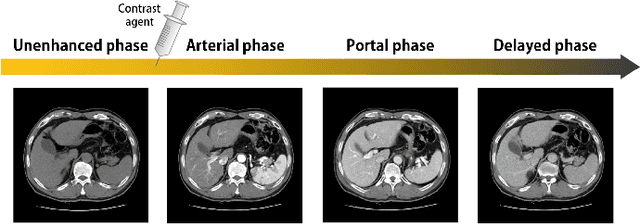
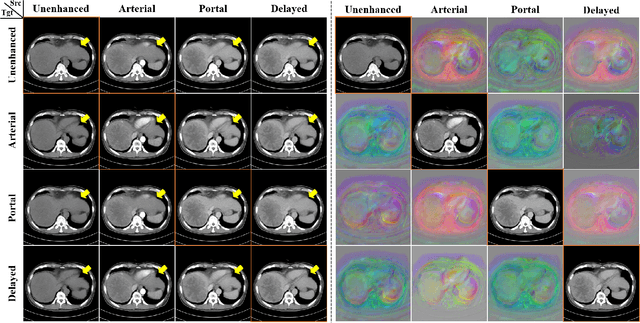
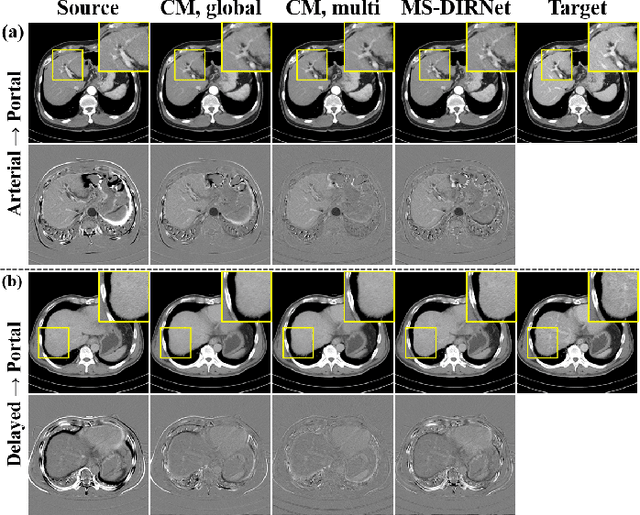

Abstract:Image registration is a fundamental task in medical image analysis. Recently, deep learning based image registration methods have been extensively investigated due to their excellent performance despite the ultra-fast computational time. However, the existing deep learning methods still have limitation in the preservation of original topology during the deformation with registration vector fields. To address this issues, here we present a cycle-consistent deformable image registration. The cycle consistency enhances image registration performance by providing an implicit regularization to preserve topology during the deformation. The proposed method is so flexible that can be applied for both 2D and 3D registration problems for various applications, and can be easily extended to multi-scale implementation to deal with the memory issues in large volume registration. Experimental results on various datasets from medical and non-medical applications demonstrate that the proposed method provides effective and accurate registration on diverse image pairs within a few seconds. Qualitative and quantitative evaluations on deformation fields also verify the effectiveness of the cycle consistency of the proposed method.
Planning for target retrieval using a robotic manipulator in cluttered and occluded environments
Jul 09, 2019
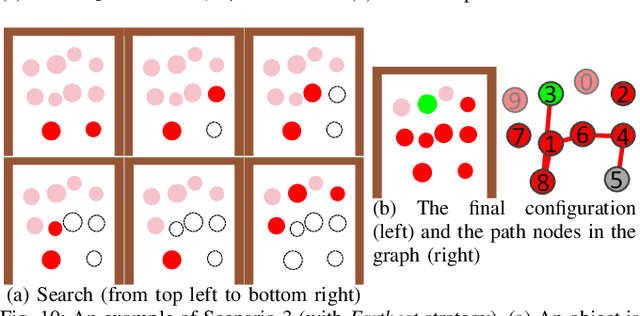
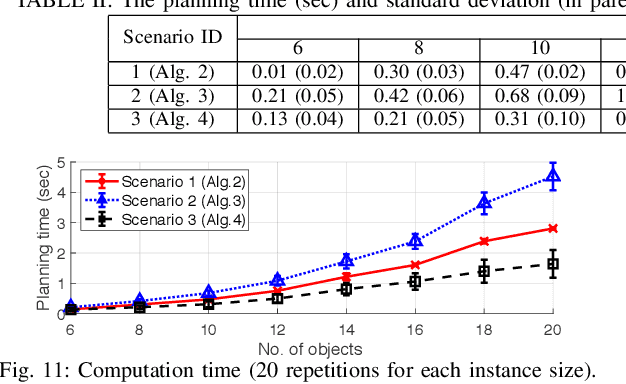
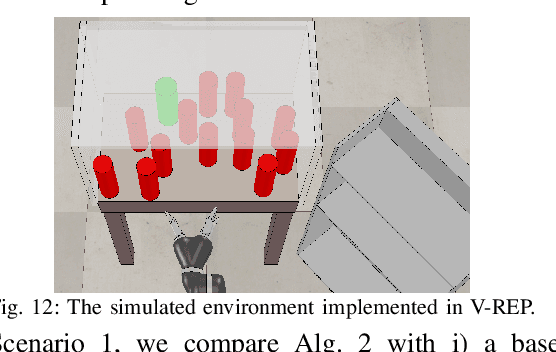
Abstract:This paper presents planning algorithms for a robotic manipulator with a fixed base in order to grasp a target object in cluttered environments. We consider a configuration of objects in a confined space with a high density so no collision-free path to the target exists. The robot must relocate some objects to retrieve the target while avoiding collisions. For fast completion of the retrieval task, the robot needs to compute a plan optimizing an appropriate objective value directly related to the execution time of the relocation plan. We propose planning algorithms that aim to minimize the number of objects to be relocated. Our objective value is appropriate for the object retrieval task because grasping and releasing objects often dominate the total running time. In addition to the algorithm working in fully known and static environments, we propose algorithms that can deal with uncertain and dynamic situations incurred by occluded views. The proposed algorithms are shown to be complete and run in polynomial time. Our methods reduce the total running time significantly compared to a baseline method (e.g., 25.1% of reduction in a known static environment with 10 objects
Unsupervised Deformable Image Registration Using Cycle-Consistent CNN
Jul 02, 2019


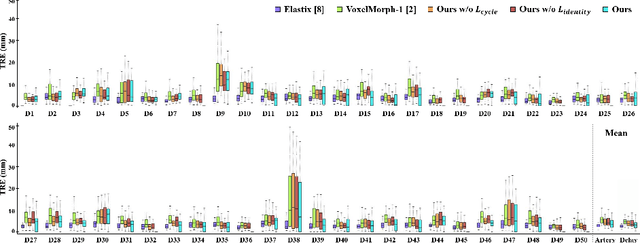
Abstract:Medical image registration is one of the key processing steps for biomedical image analysis such as cancer diagnosis. Recently, deep learning based supervised and unsupervised image registration methods have been extensively studied due to its excellent performance in spite of ultra-fast computational time compared to the classical approaches. In this paper, we present a novel unsupervised medical image registration method that trains deep neural network for deformable registration of 3D volumes using a cycle-consistency. Thanks to the cycle consistency, the proposed deep neural networks can take diverse pair of image data with severe deformation for accurate registration. Experimental results using multiphase liver CT images demonstrate that our method provides very precise 3D image registration within a few seconds, resulting in more accurate cancer size estimation.
 Add to Chrome
Add to Chrome Add to Firefox
Add to Firefox Add to Edge
Add to Edge